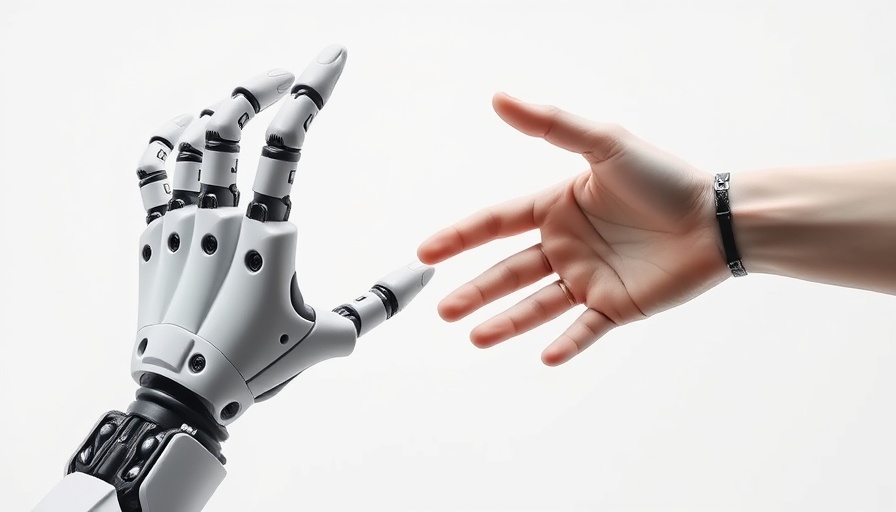
The AI Conversation: A Heterogeneous Spectrum of Opinions
Medium recently initiated a discourse on AI-generated writing, engaging its community to gauge their sentiments. The results were nothing short of a cacophony of reactions, reflecting a complex tapestry of hopes, fears, and everything in between regarding artificial intelligence's role in writing. Users expressed their excitement for the creative possibilities of AI, arguing that technology can enhance, rather than replace, the human touch in storytelling. However, anxieties about ethics, job displacement, and the integrity of creative expression loomed large.
Job Automation vs. Human Expression: A Tug of War
As AI technologies increasingly infiltrate various sectors, one of the pressing concerns is job automation. Critics worry that the rise of AI-generated content could lead to diminishing opportunities for human writers, creating a workforce dynamic where creativity becomes a casualty of efficiency. This sentiment is echoed in various sectors beyond writing, as AI begins to reshape industries concerned with labor. Interestingly, proponents of AI argue that instead of rendering jobs obsolete, these advancements could also foster new kinds of roles in content creation and media analysis, shifting the focus from traditional writing to a more interdisciplinary approach.
Ethics in AI: A Moral Compass Necessary for Progress
Central to the discussion on AI-generated writing are ethical implications that cannot be overlooked. As AI systems learn from vast datasets generated by humans, questions arise about authenticity, bias, and ownership of creative works. Ethical standards must be established to guide the integration of AI in creative realms. Policymakers, technologists, and ethicists must collaboratively navigate the murky waters of AI ethics in society, ensuring that technological advancement does not come at the cost of human dignity or creative integrity.
AI in Education: A Tool for Social Good
One of the bright spots in the discourse surrounding AI is its potential for social good, particularly in educational contexts. AI tools can provide personalized learning experiences, democratizing access to information for diverse learning needs. In writing, students can benefit from AI-generated feedback to enhance their skills while eliminating the barriers posed by traditional educational resources. When harnessed appropriately, AI can become a catalyst for positive societal change, addressing issues of inequality by making quality education more accessible for all.
The Path Forward: A Balanced Dialogue is Imperative
If there's any takeaway from the Medium conversation, it is the necessity for a balanced dialogue on AI's role in society. Innovators, educators, policymakers, and the general public must engage in a concerted and thoughtful dialogue to navigate the inevitable changes that AI will bring. By fostering an environment of open discussion, it is possible to harness the potential of AI while mitigating its threats. As society stands on the the brink of an AI-pioneered future, it is crucial to remember that technology should serve the common good rather than dominate it.
 Add Row
Add Row  Add
Add 




Write A Comment